You can try the following code.
Can get the response without a POJO class by getting using ResponseBody format and then you can parse it normally like ordinary JSON parsing.
Api Call:
Call<ResponseBody> call = service.callLogin(AppConstants.mApiKey, model_obj);
call.enqueue(new Callback<ResponseBody>() {
@Override
public void onResponse(Call<ResponseBody> call, Response<ResponseBody> response) {
if(response.code() == 201)
{
JSONObject jobjresponse = null;
try {
jobjresponse = new JSONObject(mResponse.body().string());
String status = jobjresponse.getString("status");
JSONObject result = jobjresponse.getJSONObject("results");
String msg = result.getString(“msg”);
} catch (JSONException e) {
e.printStackTrace();
} catch (IOException e) {
e.printStackTrace();
}
}
@Override
public void onFailure(Call<ResponseBody> call, Throwable t) {
}
});
Retrofit Interface class:
public interface RetrofitInterface {
@Headers({"Content-Type: application/json", "Cache-Control: max-age=640000"})
@POST("v1/auth/")
public Call<ResponseBody> callLogin(@Query("key") String key, @Body LoginModel body);
public static final Retrofit retrofit = new Retrofit.Builder()
.baseUrl(“base url”)
.addConverterFactory(GsonConverterFactory.create())
.build();
}
Sample Response:
{ "status":"true", "result":{"msg”:”created successfully”} }
